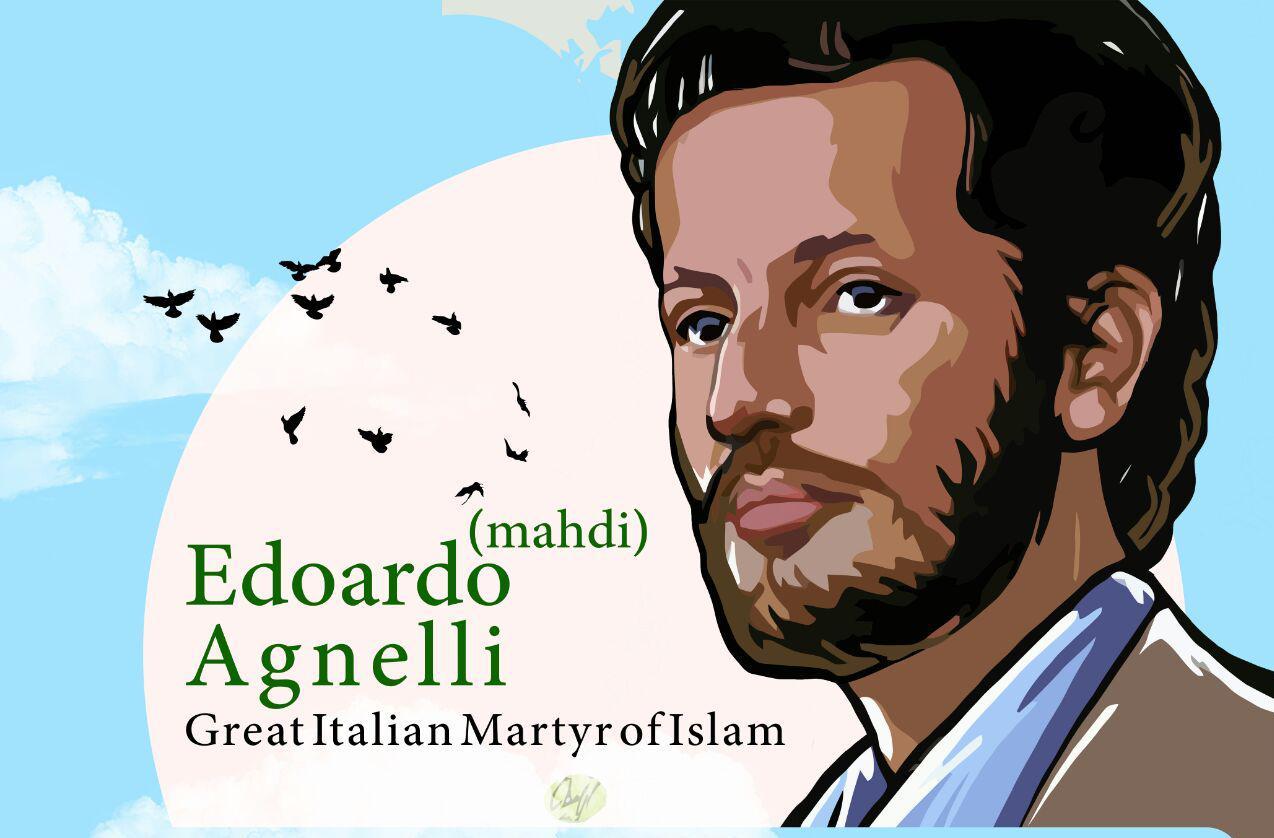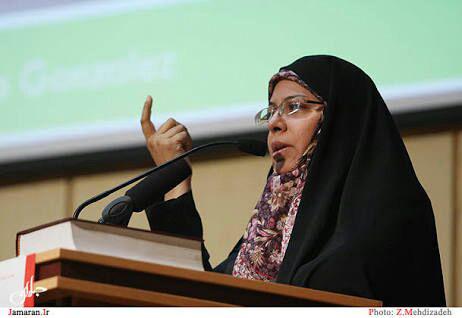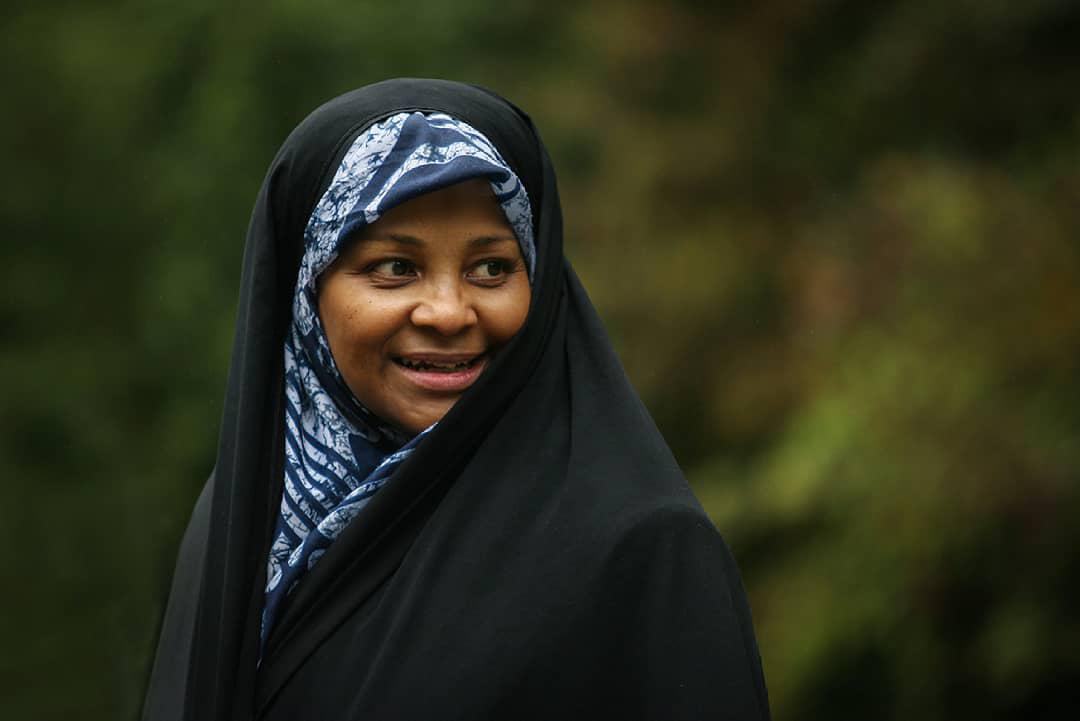According to rahyafte(the missionaries and converts website): Many European countries have witnessed the rise of right-wing populist parties over the last few years, which have gained significant votes and have left Muslims communities of migrants on uncertain ground.
The results of May’s European Parliament elections revealed the true extent of the popularity of far-right, nationalist parties, all but ruling out constructive debates on the politically sensitive topic of migrants and asylum seekers as well as the grievances of minority groups, of whom Muslims happen to be the most prominent, according to arabnews.

European right-wing populist parties place an emphasis on anti-immigration, an important theme in their discourse, nature told. The entrance of immigrants and refugees in some of the most powerful countries in the continent is regarded by European right-wing populists as a threat to the Western model of civilization. The European radical right constantly uses the wording “threat” and “invasion” to mention the influx of immigrants—sometimes with a religious factor involved.
German Chancellor Angela Merkel may have been among the few European leaders to welcome large numbers of political refugees, but even she now says some of the migration policies are problematic. Ironically, the change in the political rhetoric has coincided with a sharp fall in the number of migrants and refugees making it to the continent’s shores.
In January 2019, arrivals to Europe were at their lowest in five years; the peak was reached during the 2015 refugee crisis with more than 1 million arrivals.
Anti-Muslim and anti-Islam sentiment should be considered as defining features of right-wing populism.
There is no doubt about the fact that Islam today is Europe’s second largest religion and Muslims are the fastest growing population.
However, no exact data are available of how many Muslims live in the European Union in total. The official statistics office of the EU, Eurostat, does not gather any data on religious affiliation, because the legislation of some of member states do not permit to gather data on religion for statistics, euro-islam mentioned.
In recent years, Islamophobia has become a useful tool for right-wing parties to mobilize electors in many European nation-states, brookings mentioned.
In Europe, nearly every major right-wing populist party emphasizes cultural and religious objections to Muslim immigration.
The gains made by right-wing and populist nationalist parties in the European Parliament elections have left Muslims of European countries and the (mostly Muslim) communities of migrants and refugees on uncertain ground.
Despite steadily decreasing arrivals to Europe and a substantial difference in the “immigration and asylum” situation between 2015 and 2019, many European governments remain deadlocked on a planned revision of the EU’s immigration policy
Violence against Muslims reached a peak in the run-up to the enactment of the anti-hijab laws in several European countries. Austria approved a hijab ban in primary schools, while the French Senate voted to ban mothers who wear the hijab from accompanying their children on school trips. In 2018, up to 580 anti-Muslim attacks took place in Germany alone.
In the first three months of 2019, applications for just over 10,200 refugees were submitted by the UNHCR for resettlement in 17 EU member states.
According to the UNHCR, this is one-third of the total applications submitted in 2018, and 60 percent of the average rate of 16,960 applications per year during the previous 10 years.
Since the beginning of 2019, six EU countries — Germany, Sweden, France, Norway, the UK and the Netherlands — have received 81 percent of all resettlement applications.
In the European Parliament, there were only seven Muslim MEPs out of 751 before the May elections.
Such poor political representation of the continent’s second-largest religious group would seem shocking in itself. But it looks even more unjustifiable considering that Muslims are expected to make up more than 4 percent of Europe’s population by 2020, according to the Pew Research Center.
The political landscape after the European Parliament elections reveals the polarization of society between non-Muslim and Muslim Europeans in many countries.
The presence of some 25 million Muslims in the 28 countries of the European Union is currently sparking debate, controversy, fear and even hatred, bbvaopenmind told. Never before have we witnessed such a climate of mutual suspicion between Muslims and mainstream European societies.
surce:shafaqna



















